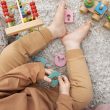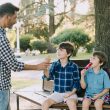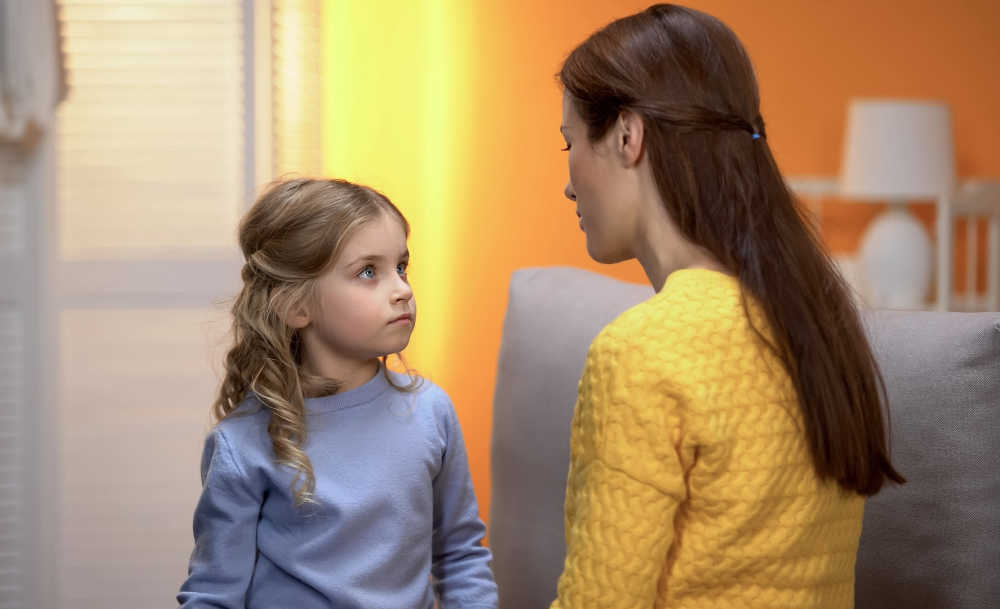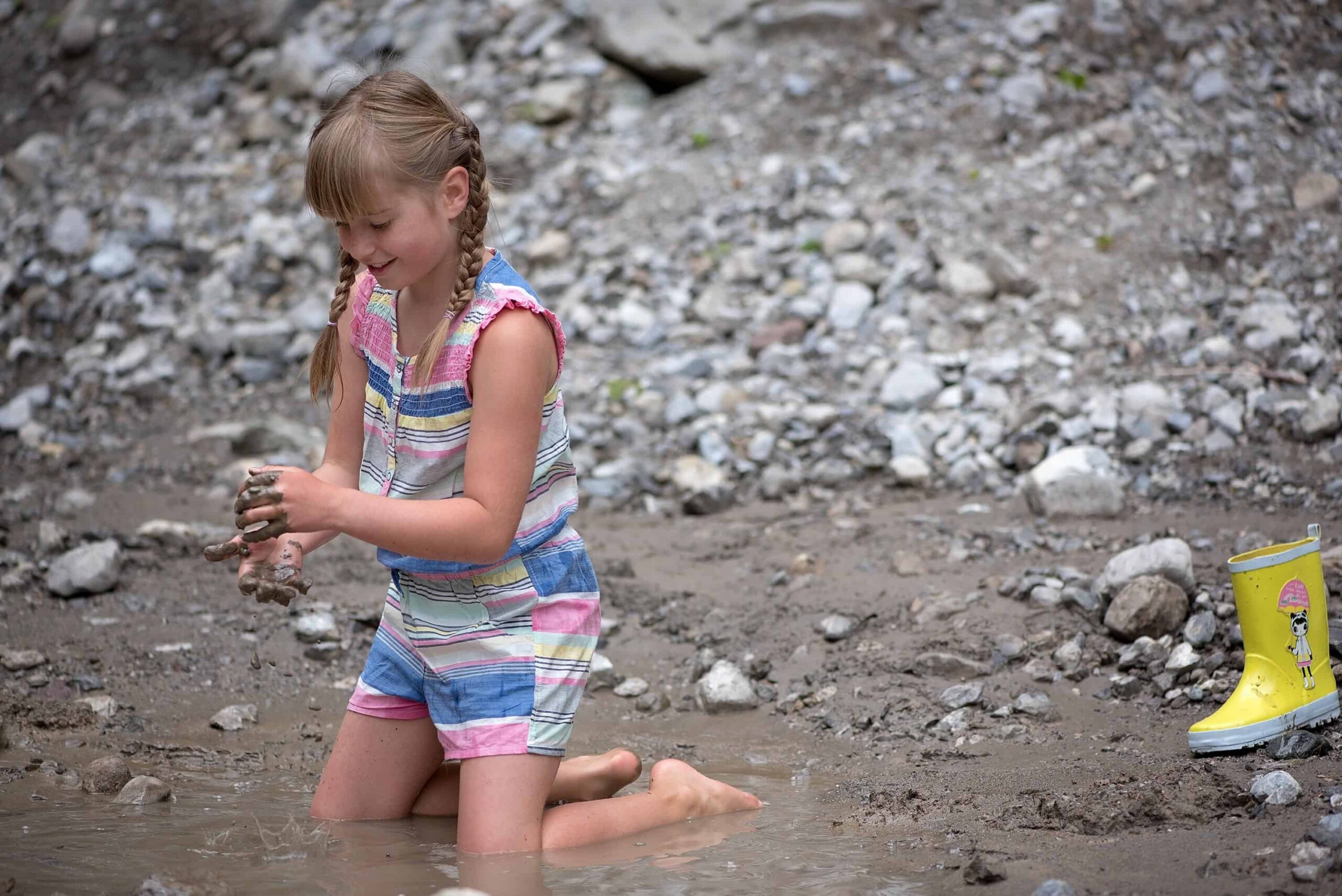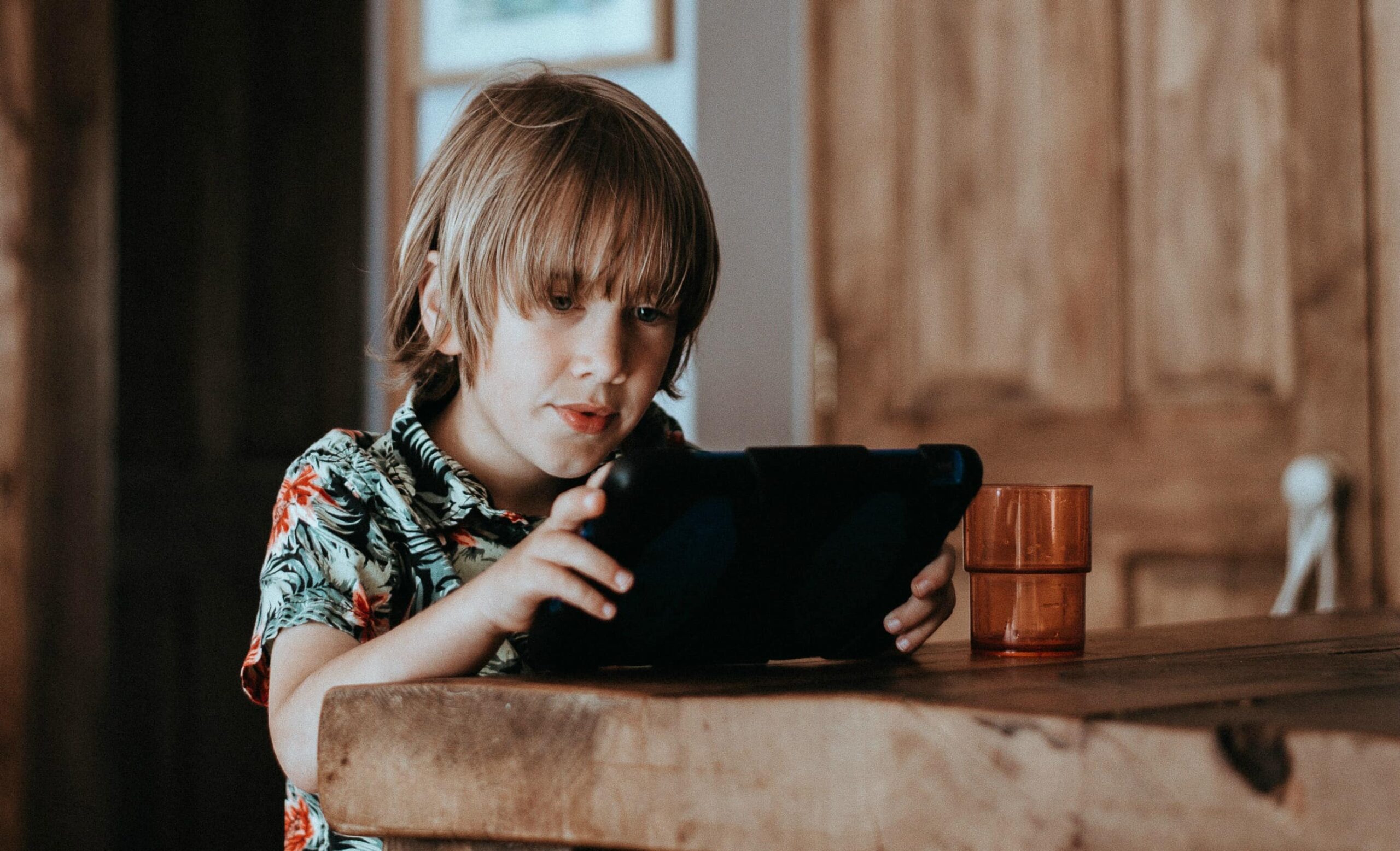Have you ever considered the educational benefits your children can gain from traveling the world? Well, it’s time to unfold a side that can be a game changer in your child’s learning journey.
Travel is not all fun; it is a great educational tool. It really gives the child a vast opportunity to open his or her mind, understand cultures to a much greater depth, and boost their problem-solving skills. So, why not let them learn while they explore?
In this article, we discover the many benefits that travel could bring to your little ones. We show you how their world could be one classroom and every journey a lesson. Get ready to embark on a journey that promises to unravel a world of knowledge for your children literally.
Importance and Impact of Travel on Child Development
Traveling is a critical contributor to the development of children. When children travel to a foreign place, they are plunged into yet unusual experiences and challenges, for these challenges foster development in critical areas like socialization and problem-solving.
The planning and anticipation stages could involve, for instance, organizing and responsibility for the children. Activities may include:
- Packing their little rucksack.
- Drawing up lists of items to be brought along.
- Even plotting an itinerary on a map to be used.
Each task contributes to developing responsibilities, attention to detail, and spatial awareness.
Similarly, an immersive international experience, which you can find many tips for on Travel Tweaks, will introduce the child to very important social skills. On the other hand, the child can find his way of getting along with the local people or, what is more interesting, make new friends with other travelers, this time from different countries. This will expose the child to getting out of his comfort zone and, in the process, enhance his interaction and communication with others.
Moreover, travel also helps develop the mind. An environment children need to become more familiar with makes them fine-tune their observation and acclimatization abilities. This will increase their cognitive flexibility and the ability to solve problems when they become better at exploring and analyzing new situations.
How Travelling Expands the Horizons of Learning
There is no doubt about this: traveling remains a vibrant form of textbook-based education. It gives kids a chance to witness a life filled with varied cultures, histories, cuisines, and geographies.
For example, visiting a historical site might be made more interactive for kids so that they learn history rather than just facts from reading a book. They can see an ancient fortress, touch relics, and even rehearse a historical event in the form of a game. All very enriching, memorable, and simply exhilarating experiences turn bookish education into tangible and experiential knowledge.
These, in turn, could not but increase the children’s pictures of the world and subconsciously develop respect for diversity and pluralism, be it by tasting exotic cuisines, visiting the biodiversity of a rainforest, or trying foreign phrases. On a larger scale, it is said that experiential learning through travel shapes world citizens with attitudes of empathy, adaptability, and intercultural awareness. In other words, travel is the most powerful tool for children’s holistic learning and development.
The Role of Travel in Practicing Life Skills
Traveling puts children in situations that encourage developing and exercising life skills. Moving in and out of new environments will help build the children’s problem-solving skills as they are forced to find their way through these new surroundings. Successful maneuvering around an airport or a train station imparts to the man a sense of direction. This life skill makes a man fully capable of everyday life. Another example of practical life skills that one can learn is while on a camping or hiking spree, for example, setting up tents or using compasses.
Besides these practical skills, travel also provides opportunities for children to develop their social and emotional skills. For example, traveling and interacting with local people who speak different styles and types of communication compared to the type of personality they are used to helps children develop their interpersonal skills.
Empowering Children – Independence Through Travel
Travel also helps children develop independence. When traveling, most kids have to forego their routines and comfort zones, dealing with circumstances they would never have when at home. For example, when children try to order food in a foreign language on their own or get lost in a new city, they have to think fast and independently, make new decisions, and solve problems by themselves.
This, therefore, subsequently builds resilience in children as they learn to cope with strange environments, adapt to other foods, or accommodate diverse behavioral norms. Such experiences might have a greater impact on these youths and adults, preparing them for what lies ahead and for the independence that should be developed.

New Surroundings, New Skills – Learning Outside the Classroom
Children exposed to travel are pushed to learn in different contexts from their daily environments, forcing them to adapt and develop skills. Education opportunities vary and can be noticed even in the most unfamiliar environment. Such can, however, by no means be limited to four walls of the usual traditional classroom; take, for example, language skills.
A trip to France would enable the kids to have real and authentic conversations with the people and practice the language, thereby boosting their confidence. It will also expose a child to historical monuments, e.g., the Eiffel Tower; it may make him interested in history, archeology, and architecture.
Hands-On Learning – Kids Embrace Real-World Experiences
In the local Asian market, children learn the etiquette of bargaining. For example, hiking in the Canadian Rockies brings learning from the different ecosystems. It ensures that children are active in real-world events that contribute to practical, social, and other skills. Remember, practical hands-on experiences will act as dynamic learning tools far more effective than textbook gleaning and equip your children with vivid memories of theoretical concepts’ real-life applications.
For example, the issue of ocean conservation attains an entirely new place in one’s consciousness when snorkeling at Australia’s Great Barrier Reef, actually opening a window into a marine world that invites participation in active preservation. Such first-hand experiences instill latent passions in young minds, guiding them toward hitherto lesser-explored and relatively off-beat career tracks, such as marine biology or environmental conservation.
Choosing Destinations That Foster Learning
It is a very carefully selected destination that guides the learning process. Select rich and varied history or culture:
- For example, Egypt is selected for history lessons.
- France can be chosen to master speaking a foreign language.
- India is assigned to experience cultural differences.
Each destination will open new perspectives, fuel curiosity, and see the world from another angle. Furthermore, if some indicate a variety of flora and fauna, such as the rainforests or national parks, then these would be suitable for teaching environmental awareness or spreading biological knowledge as lessons. One should select the site where great events take place.
For example, take a visit to NASA Kennedy Space Center in Florida. It will bring interest in space science and may give birth to an astronaut or engineer someday. The alternative benefit of setting is being able to learn through experience interchangeably.

Planning Activities to Balance Fun and Knowledge
Where possible in the itinerary, seek to find a balance between both enjoyment and enlightenment. Some can include visiting an interactive museum or a workshop, while others may take a guided tour. All these activities help stimulate the faculty of analyzing thought, discernment, and reasons. One can also program some free time during which participants relax and absorb the environment. In most cases, it makes the children harness creative problem-solving and teamwork at the same time.
On the other hand, participating in local traditions and practices throws them within the cultural fabric, strengthening social and cultural understanding. Using this approach, the realization of knowledge takes place in children through observation, interaction, and participation.
The World is the Best Classroom
That shows how travel can be a mighty source of your child’s education. It’s not all about going places or taking a break from school. It includes opening their minds to ways to develop them, which conventional classroom education will not offer. With the proper places to visit and educational activities, any trip could be a great learning adventure. After all, it is in real-life situations like these that your child can appreciate the culture, history, and environment.
By encouraging your children to step out of their comfort zone, you’d not be giving them something more than a great holiday; you’d be laying down life’s basic learning and exploration. So, why not start planning your next family adventure? After all, the world is the best classroom there is.




